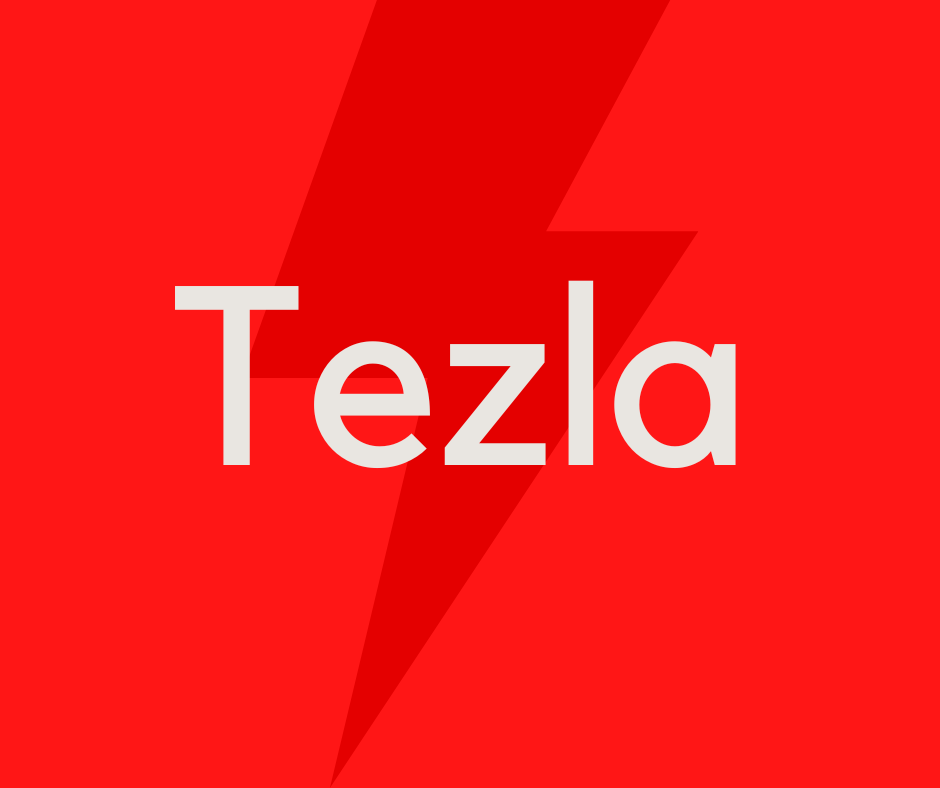OpenAI Launches 'GPT-4' With "Higher Accuracy": All You Need To Know
- MOHD EZLI MASHUT
- May 24, 2023
- 2 min read

OpenAI, the artificial intelligence research company behind ChatGPT, has unveiled its new and more advanced model called GPT-4. The latest version is more creative and accurate in its response and has better problem-solving capabilities than ChatGPT.
According to OpenAI, GPT-4 is a “large multimodal model”, which cannot outperform humans in real-world scenarios but can exhibit “human-level performance on various professional and academic benchmarks".
OpenAI describes GPT-4 as its “most advanced system” which produces safer and more useful responses.
What's new in GPT-4?
Unlike ChatGPT, GPT-4 can accept both text and images as inputs. It means that the AI system can generate a response to an image or inputs consisting of interspersed images and text.
The new feature can be used to get captions for photos while users can also ask the model to describe or recognise a picture for them.
The model also accepts documents containing photographs, texts, and diagrams and can give analyses and classifications.
OpenAI says that GPT-4 has similar capabilities in generating response to text-only input and when it is given an image as input. However, the image inputs feature is currently being tested and is not made publicly available yet.
GPT-4 can handle up to 25,000 words which enable users to have longer conversations with it and create long-form content.
OpenAI says that GPT-4 is also more creative and collaborative. It can write screenplays, learn a user's writing styles, and compose songs. The model has broader general knowledge allowing it to solve difficult problems with greater accuracy.
How is it different from ChatGPT?
OpenAI tested the potential of GPT-4 on several benchmarks including making it solve exams that were designed for humans. As per the developer, OpenAI scored significantly higher than ChatGPT in exams like Uniform Bar Exam, Biology Olympiad, and Graduate Record Examinations.
GPT-4 also outperforms ChatGPT with its advanced reasoning capabilities and can produce more concise and accurate responses as compared to ChatGPT.





Comments